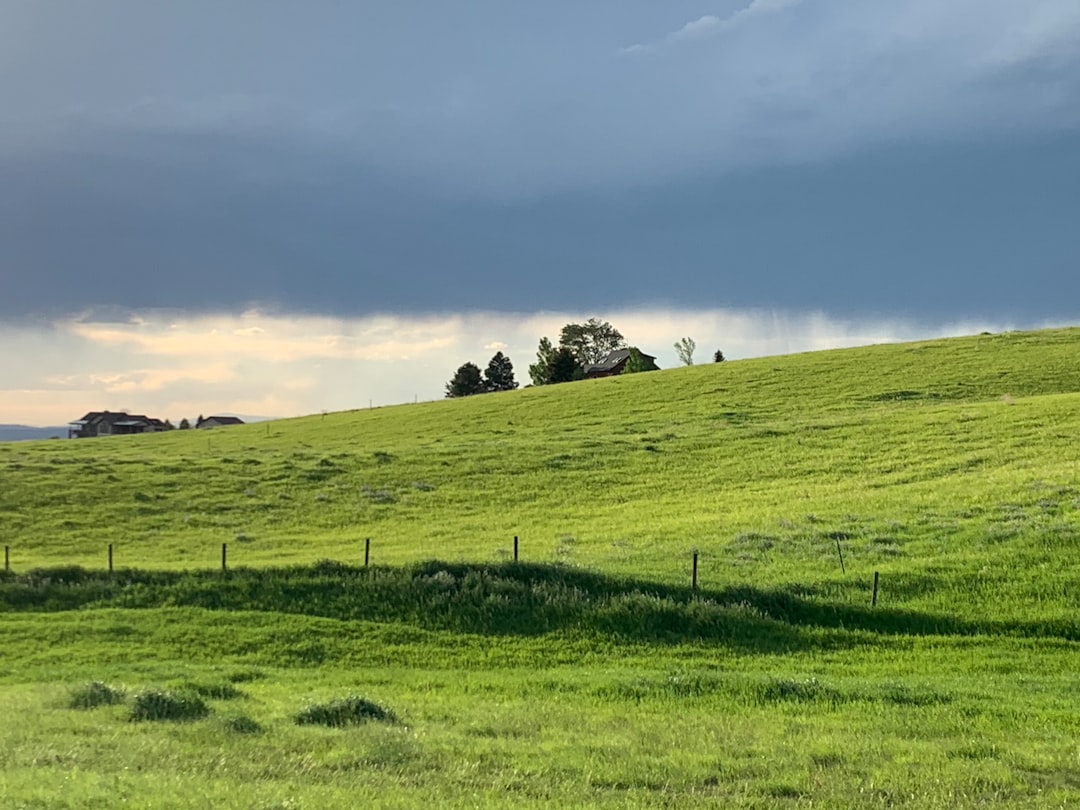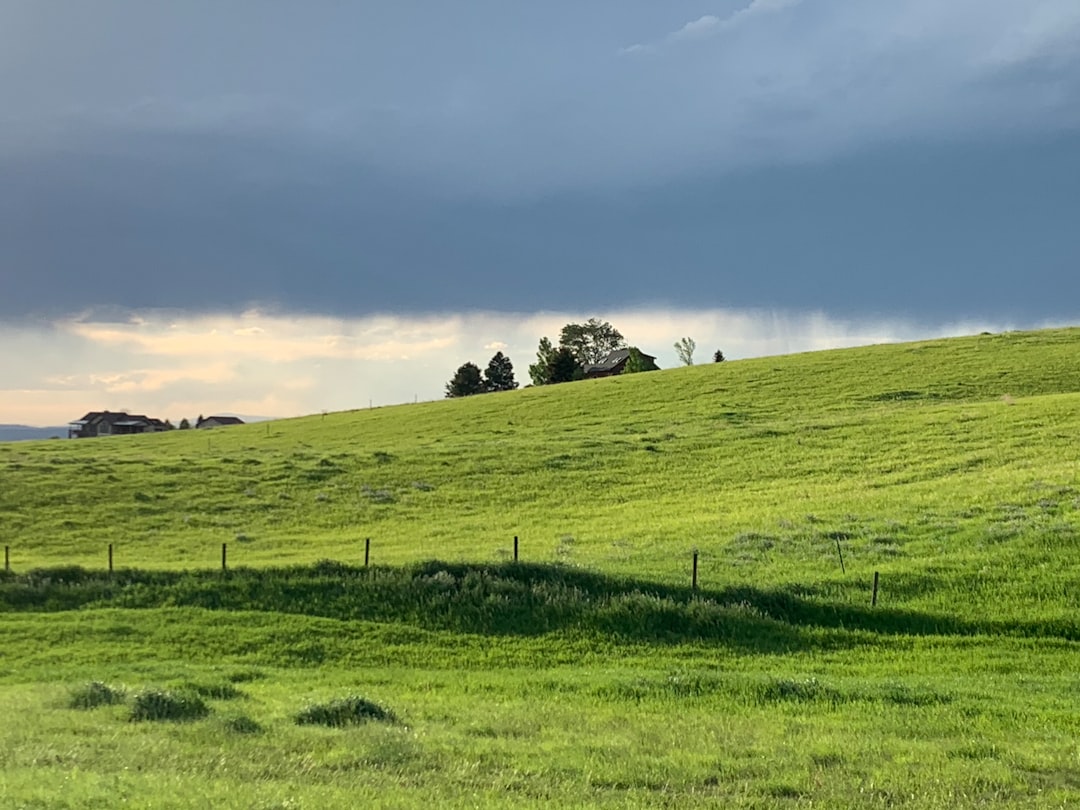In Montana, strict Do Not Call laws protect residents from unwanted telemarketing calls with severe penalties for non-compliance. Businesses engaging in telemarketing must prioritize understanding and adhering to these regulations, including opt-in procedures, timing restrictions, and penalties. Key steps include implementing efficient systems for managing consumer opt-out requests, ensuring accurate record-keeping, regular staff training on compliance, and adopting technology like automated list management and analytics. Regular system updates, security, and record maintenance are crucial to demonstrate compliance, avoid legal issues, and build consumer trust. Engaging a specialized lawyer for Do Not Call Laws Montana offers expert guidance to ensure adherence and avoid penalties.
“In the realm of consumer protection, Montana’s Do Not Call laws stand as a robust framework designed to safeguard individuals from unwanted telemarketing calls. This article, guided by a lawyer’s perspective, explores best practices for compliance. We delve into the intricacies of these laws, offering insights on effective strategies and the role of technology in maintaining adherence. Additionally, we navigate common pitfalls, ensuring businesses stay compliant while avoiding legal repercussions, particularly when seeking a lawyer for Do Not Call Laws Montana.”
Understanding Montana's Do Not Call Laws: A Lawyer's Perspective

In Montana, the Do Not Call laws are designed to protect residents from unsolicited phone marketing calls. A lawyer specializing in these regulations explains that it’s crucial for businesses and individuals alike to understand and comply with these laws. Failure to do so can result in significant fines and legal repercussions. Montana’s Do Not Call list is a robust mechanism that allows citizens to opt-out of receiving telemarketing calls, ensuring their privacy and peace of mind.
A lawyer for Do Not Call Laws Montana highlights that the state has implemented specific guidelines to ensure compliance. These include clear procedures for registering on the Do Not Call list, restrictions on when and how calls can be made, and penalties for violators. Staying informed about these laws is vital for any business engaged in telemarketing activities within Montana’s borders.
Implementing Effective Do Not Call Compliance Strategies

Implementing effective Do Not Call compliance strategies is essential for businesses and organizations aiming to stay within legal boundaries, especially when dealing with telemarketing activities in Montana. A lawyer specializing in Do Not Call laws in Montana can provide invaluable guidance on navigating these regulations. One of the primary steps is to establish a robust system to track and manage consumer opt-out requests. This involves creating an accessible mechanism for customers to register their preferences, such as online forms or dedicated phone lines. Accurate record-keeping ensures that businesses honor these choices, avoiding unnecessary contact with individuals who have opted out.
Additionally, regular staff training is crucial. Telemarketers and sales teams should be educated about the Montana Do Not Call Laws, including the requirements for obtaining consumer consent and the consequences of non-compliance. This knowledge empowers them to make informed decisions while interacting with customers, minimizing the risk of accidental violations. By combining these measures, businesses can create a compliant environment that respects consumer privacy and preferences.
The Role of Technology in Maintaining Compliance

In today’s digital era, technology plays a pivotal role in maintaining compliance with Do Not Call laws, such as those in Montana. Automated systems and software solutions enable businesses to efficiently manage and track calls, ensuring they adhere to legal requirements. These tools can help implement do-not-call lists, automate call blocking, and provide detailed analytics on calling activities. By leveraging advanced technologies, companies can streamline their processes and minimize the risk of violations, thereby fostering trust among consumers who have registered on the Do Not Call list.
A lawyer for Do Not Call Laws Montana emphasizes that technology serves as a double-edged sword. While it facilitates compliance, it also introduces complexities. Therefore, businesses must stay updated with technological advancements and ensure their systems are secure and compliant. Regular audits and maintenance of call records are essential to demonstrate adherence to regulations, protecting companies from potential legal repercussions and maintaining customer satisfaction.
Common Pitfalls and How to Avoid Them

Many businesses, especially in highly regulated industries like financial services or healthcare, often struggle with Do Not Call (DNC) compliance due to a few common pitfalls. One of the primary issues is misinterpreting or neglecting to understand the specific DNC regulations in their jurisdiction, such as Montana’s implementation. This can lead to accidental violations, particularly when dealing with out-of-state or international calls. For instance, a company might inadvertently contact a consumer on their Do Not Call list due to incomplete training or outdated contact data.
To avoid these traps, it’s essential to invest in comprehensive training for all sales and marketing teams. Ensure they’re aware of the legal implications and specific rules, including Montana’s Do Not Call Laws. Regularly updating contact lists and implementing robust data management practices can significantly reduce the risk of violations. Engaging a lawyer specializing in Do Not Call laws in Montana can also provide valuable guidance, ensuring your business stays compliant and avoids costly penalties.






